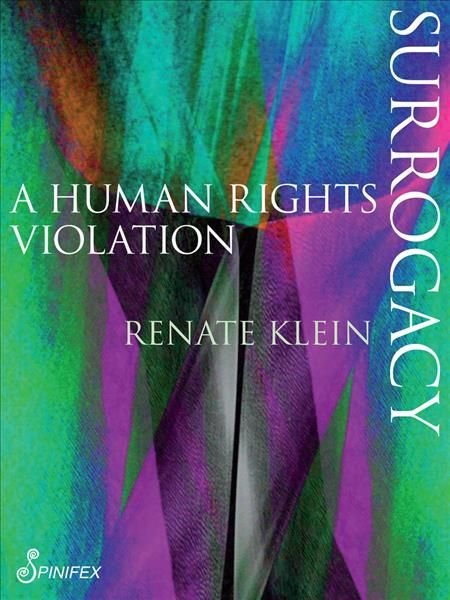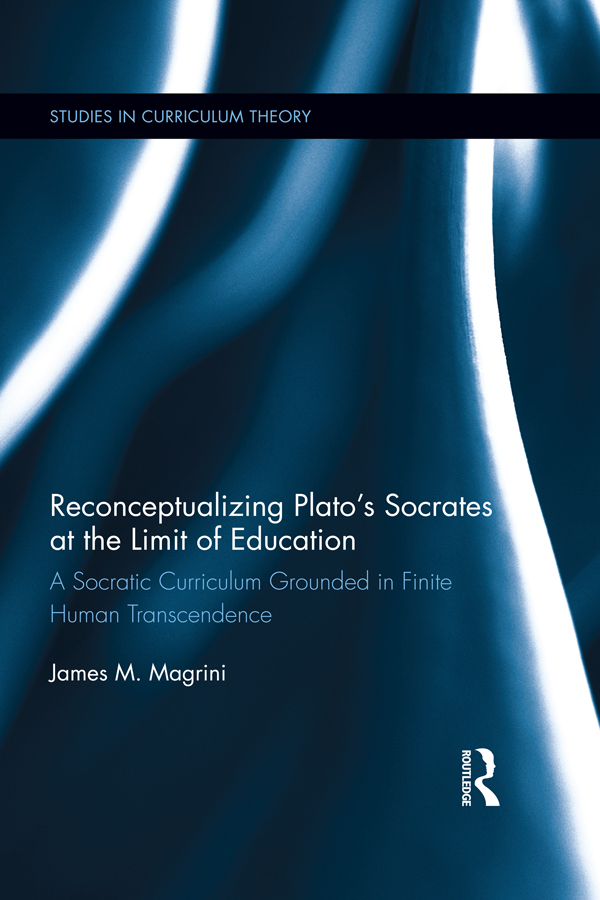A description and explanation of a neo-lacanian child analysis.Dr. Mannoni, a leading proponent of the theories of Jacques Lacan and a prominent child psychologist in her own right, holds that the psychoanalysis of children is a process in which the analyst must understand two inter-connected dialogues - the dialogue taking place within the child and the dialogue between the child and his environment, principally his family. She considers that the child’s ‘surroundings consist, first and foremost, of the collective utterance in which he is caught up’. Thus a child’s illness and recovery are determined by what the adults say, or fail to say, in his presence. In short, the child is as sick as the adults need him to be, and the psychoanalyst must listen to them in order to understand.In the light of her own experience, Dr. Mannoni reviews the historical development of the major schools of thought and, where pertinent, suggests amendments to existing theories, particularly in the treatment of psychosis; and, with the aid of several case histories, lucidly demonstrates the philosophical structure behind the exciting results of her own work.










![Only Fools And Horses - Mother Natures Son DVD [2004]](https://avmedia.ams3.cdn.digitaloceanspaces.com/e/ec/eec51bd1-6ca7-4047-a01e-34eb80f33e03.webp)

